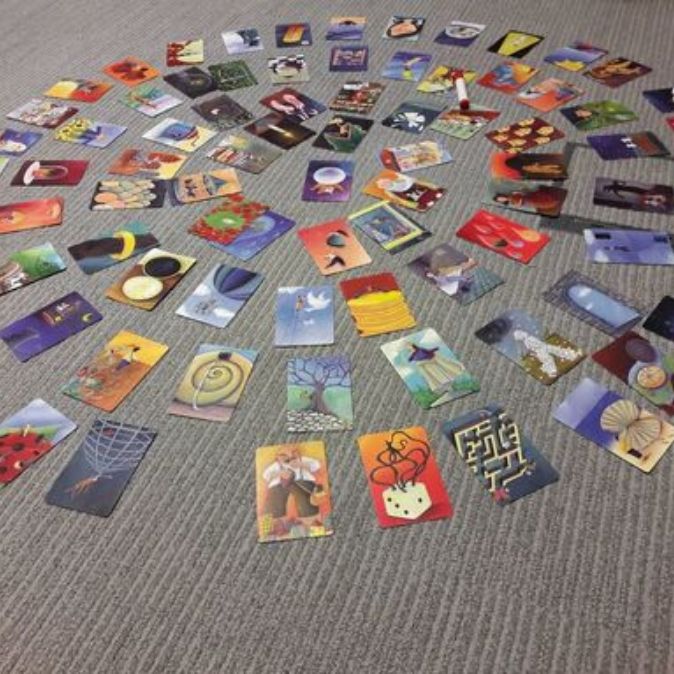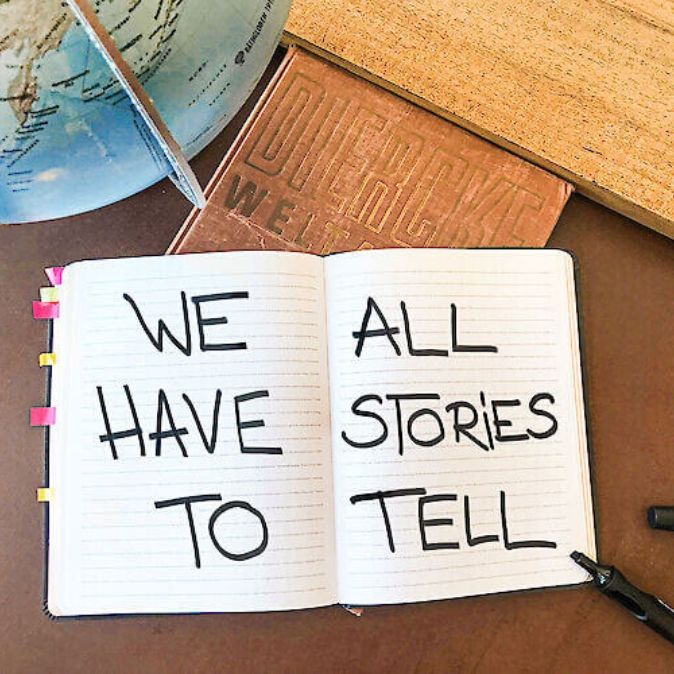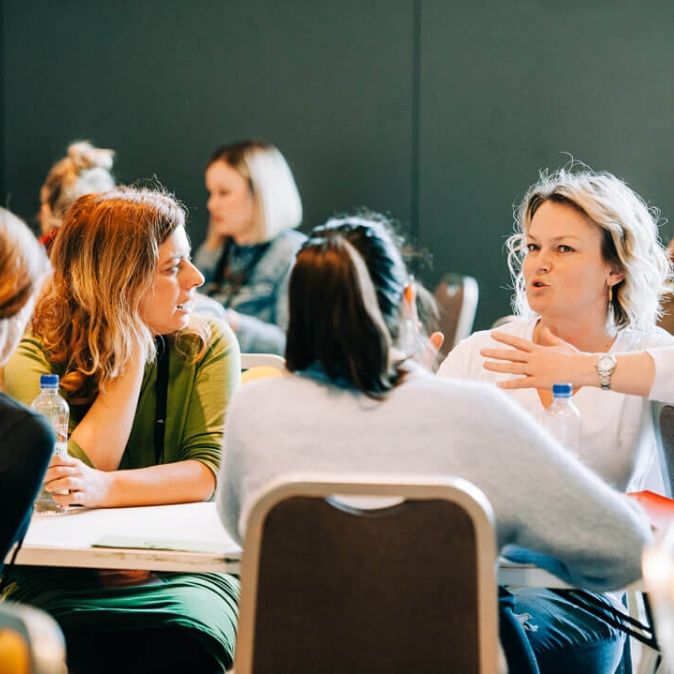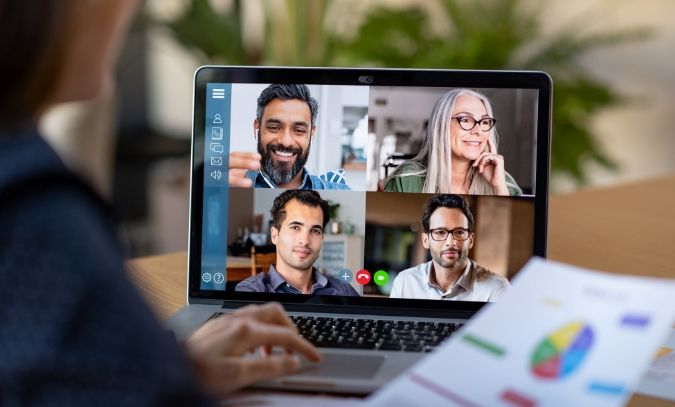Learner Voice: Engage Students in Participative Collaborative LearningApply World café, Appreciative inquiry, Circle, Open space, and Storytelling.
Erasmus+ course summary
The Non-formal participative teaching methods is a course for educators who want to explore the art of learning and create an educational system that ignites the love of learning and uses the best talents of teachers and others to create results that matter for our societies. Participatory Learning Methodologies offer educators a new way to HOST and CREATE learning communities. Over the course of this training, we will learn and practice the participatory learning methodologies that include World Café, Open Space Technology, Appreciative inquiry, Circle Practice and others. By experiencing the main tools of participatory learning the participants get the necessary skills for building a community of practice to reawaken the love of learning. Multilingual material: some learning cards are available in several languages including: English, Danish, Flemish, French, German, Italian, Portuguese, Slovene, Spanish, Swedish, Romanian. However, the training is performed in English. "Ask ‘How will they learn best?’ not ‘Can they learn?’" – Jaime Escalante
Session dates
Ljubljana, SI1 - 6 July 2024 - Confirmed
7 - 12 October 2024 5 - 10 May 2025 Open for registration.
|
FeaturesRelated |
Course Content
PROGRAMME DAY-BY-DAY
Training usually takes place between 9:00 am and 14:00 pm, followed by after-class activities, that are optional.
DAY 1 We start off with an introductory meeting, explanation of practical arrangements and presentation of the participants and timetable. The participants are encouraged to express their expectations, needs and wishes regarding the content of the programme and learning methods. * Core participatory learning methodologies, definition and basic assumptions. Innovation – moving through chaos into a new order. From a learner to a learning community that learns. DAY 2 Social capital skills, methodologies and practices – an overview Circle practice: The Circle, or council, is an ancient form of meeting that has gathered humans in respectful conversations for thousands of years. In some areas of the world this tradition remains intact, but in some societies it has been nearly forgotten. Circling is a modern methodology that calls on this tradition and helps people gather in conversations that fulfil their potential and desire for learning via conversations or dialogues that replenish, engage, excite, and create wisdom-based change….which is real and sustaining learning. DAY 3 Appreciative inquiry: Appreciative Inquiry (AI) is a strategy for intentional change that identifies the best of ‘what is’ to pursue dreams and possibilities of ‘what could be.’ AI is a cooperative search for strengths, what is known, what is right. AI focuses on the positive and strengths seeking to understand what is currently working as blocks and transform it to a productive future. This focus offers an opportunity for individuals to accept what is known and to build on what works, to successfully bring a long-term change and deep learning. Half-day excursion. DAY 4 World Café: The World Café is a method for creating a collaborative learning conversations around questions that matter by innovating instruction in the classroom. Café is ideal for administrators to develop collaboration and co-creation with faculty, boards, and community partners. DAY 5 Open space: The goal of Open Space is to create time and space for participants to engage, ask questions, and/or share knowledge around issues of concern to them (such as review of an upcoming test, managing a project-based learning experience, planning a ‘real life’ field trip, etc). Using Open Space in classes can result in a transformative experience for the individuals and groups involved. It is a simple and powerful way to catalyze effective working conversations and truly invite participants to thrive and be in the role of leader, knowledge sharer, and questioner. DAY 6 Evaluation and farewell. Documentation and certificates of attendance. * Some changes in the programme are possible - the content of the course is always adapted to the participants previous knowledge, expectations and requirements. The participants receive the Informational Booklet a few weeks prior to the start of the course. |
BLOGS
Read about some topics you will learn on the Learner Voice course.
INTERNATIONAL ERASMUS+ LEARNING WITH PRIMERA
Become a member of Primera's international learning community.
Your network is a family you choose. |








